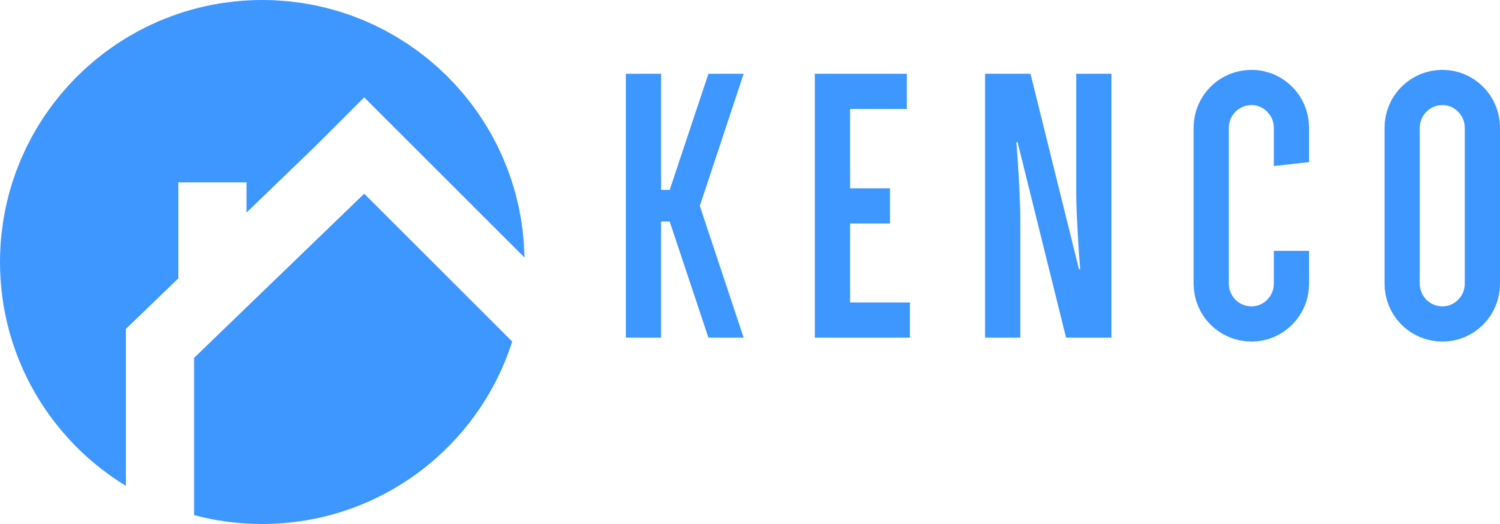What Homebuyers Need to Know About Appraisal Gaps
Buying a home is an exciting time. It's also stressful. The process can be overwhelming, especially in a seller’s market.
There are many factors to consider when buying a home. One of the most important ones is the financing process, which includes an appraisal. An appraisal gap occurs when there is a difference between the house's value as determined by the appraiser and the amount the buyer is willing to pay for the property.
If you're looking to buy a home, you should know how to identify and fix an appraisal gap before you close on the deal.
What Is an Appraisal for A Home?
An appraisal for a home is a professional and unbiased opinion about the market value of a property. The appraiser considers specific criteria, like comparable properties in the area and the details of the home.
Then, the appraiser determines the value of the property. The appraiser will use this information to decide whether your offer is fair based on what other buyers have paid for similar homes in that neighborhood. The lender will only offer financing for up to the appraised value.
How Does an Appraisal Gap Occur?
An appraisal gap occurs when the appraised value of a property is less than the purchase price. In other words, the buyer offered a higher amount than the worth of the home. If you find yourself with an appraisal gap, it may mean your financing is at risk.
In a seller's market, like we're experiencing now, bidding wars frequently occur. Plus, many sellers are listing homes above market value. Desperate buyers may offer more to try and win the bid. However, if the buyer is dependent on a mortgage lender to purchase the home, they can't close unless they find a way to cover the gap.
What is An Appraisal Contingency?
Mortgage lenders hire appraisers for home purchase loans, refinancing, HELOC loans, and other loan products. The bank agrees to lend money to the buyer to purchase the home, assuming the property appraises at value.
The mortgage lender will order an appraisal once a home is under contract and passes the home inspection process. Most buyer's contracts depend on the appraisal matching the buyer's offered amount. The appraisal contingency allows the buyer to back out of the deal without penalty if the appraisal stops the mortgage approval process.
What Are Your Options When an Appraisal Gap Occurs?
If you do end up with a lower appraisal, here are some things you should know about how to handle it:
Don't panic! - Work with your real estate agent to figure out the proper steps to take.
Pay the Difference - If you can afford to do so, you can usually pay a larger down payment to reduce the amount of money you need to borrow.
Find Another House - Sometimes, even though the appraisal was low, the home still sells quickly because other buyers may not need a mortgage to close. In these cases, walking away and continuing your home search may be your only option.
Negotiate - It can sometimes help to negotiate with the seller. They may agree to reduce their asking price so you can afford the home. But remember, you shouldn't make any promises until you see the final paperwork.
Find Support with the Real Estate Transaction Process
When you buy a house, there are several different parties and processes involved. The complexity increases when you finance the purchase through a mortgage lender. For the best outcome, partner with a trusted real estate agent to guide you each step of the way.
At Kenco Home Inspections, we aim to make the real estate process easier for homebuyers. Contact us today to schedule a full home inspection in Southeast Florida.
